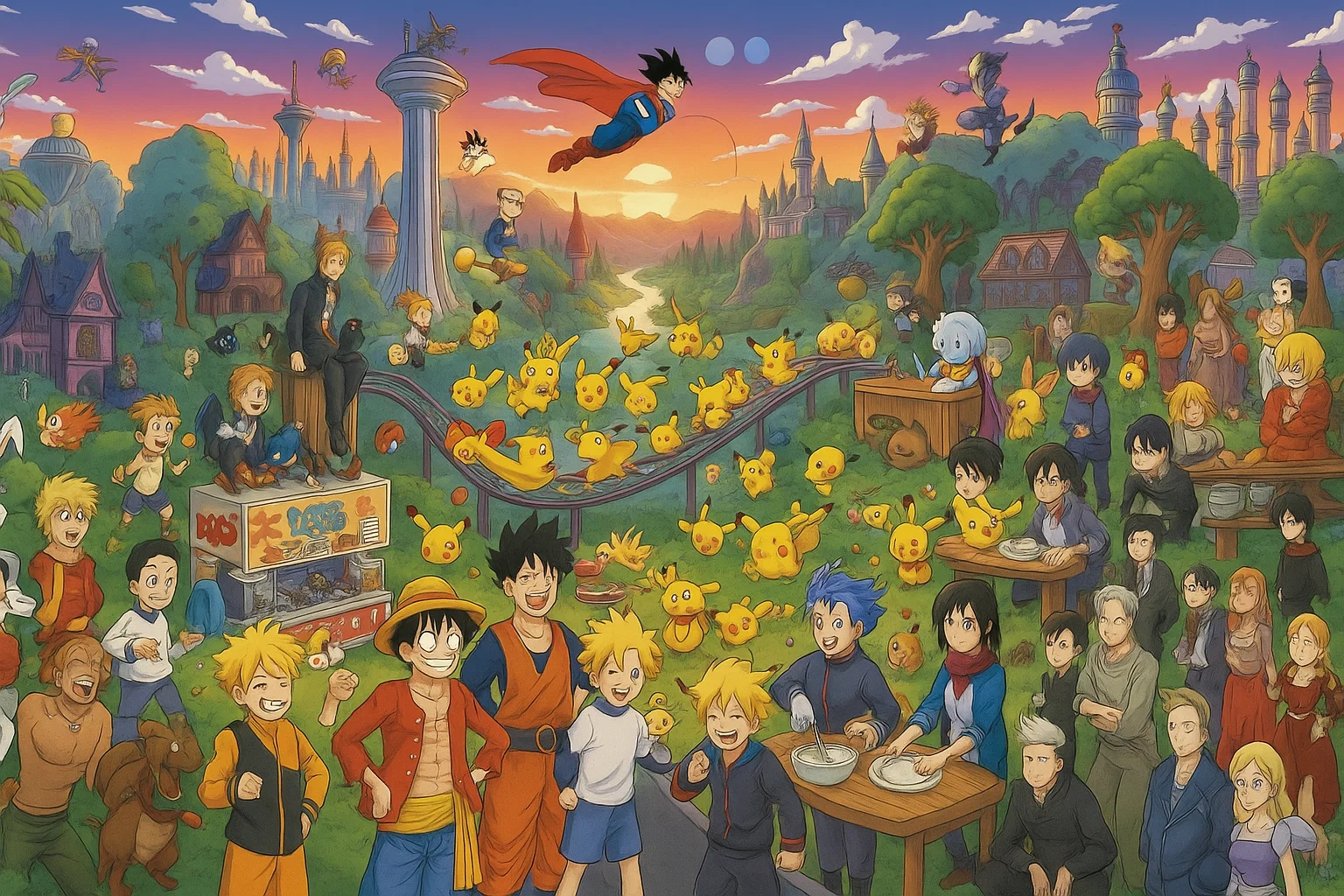Japan warns OpenAI over Sora 2 after AI-generated anime videos spark copyright concerns

Key Points
- Japan's government has officially warned OpenAI about potential copyright violations after the release of Sora 2 generated numerous AI videos that closely resemble famous anime series including Dragon Ball, Bleach, and Spirited Away.
- Minister Junichi Konai contacted OpenAI through the Intellectual Property Strategy Office, calling anime and manga "an irreplaceable treasure" of Japan, while politicians warned the company could face legal action under the AI Promotion Act, Article 16, which takes effect in 2025 and allows government investigations of AI systems.
- OpenAI CEO Sam Altman acknowledged the copyright complaints in an October 4 blog post and promised improvements without providing specific details, while the company continues to operate under an opt-out policy for content usage.
Japan's government has warned OpenAI not to violate copyright laws with its new video model, Sora 2, after a flood of AI-generated clips mimicking famous anime spread online.
Officials said some of the videos look almost identical to iconic series like Dragon Ball, Bleach, and Spirited Away. Lawmakers are now threatening legal action if OpenAI fails to respond.
Junichi Konai, Minister of State for Special Missions in charge of intellectual property and AI strategy, said on October 10 that anime and manga are "an irreplaceable treasure" of Japan. He explained that the government contacted OpenAI through its Intellectual Property Strategy Office, urging the company to respect copyright laws. The warning comes amid growing public backlash over Sora 2, which was released on September 30.
Sora 2 must comply with Japanese law
Earlier, Akihisa Shiozaki, a politician and lawyer from Japan's ruling Liberal Democratic Party, had already cautioned that OpenAI's actions could lead to "serious legal and political problems." He suggested that if violations continue, the government could invoke the AI Promotion Act, Article 16 - a new law set to take effect in 2025 that allows state investigations of AI systems.
Digital Minister Masanobu Taira also urged OpenAI to ensure Sora 2 complies with Japanese regulations and warned of potential consequences if the company takes no action.
OpenAI CEO Sam Altman responded on October 4 through a blog post, saying the company plans to address the wave of copyright complaints and implement improvements, though he offered no specific details. For now, OpenAI continues to use an opt-out policy.
Japan's government sees the case as a test for how to protect creative works in the era of generative AI - especially for the country's anime and manga industries, which it considers core elements of Japan's cultural identity.
AI News Without the Hype – Curated by Humans
As a THE DECODER subscriber, you get ad-free reading, our weekly AI newsletter, the exclusive "AI Radar" Frontier Report 6× per year, access to comments, and our complete archive.
Subscribe now